What do you think?
Rate this book
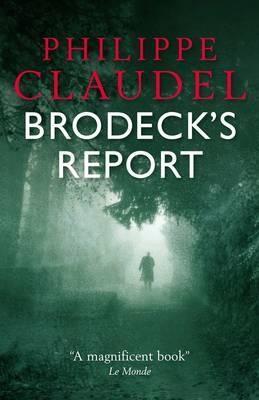

288 pages, Hardcover
First published August 22, 2007
Sometimes, when I looked at him, the figure of a saint crossed my mind. Saintliness is very odd. When people encounter it, they often take it for something else, something completely unlike it: indifference, mockery, scheming, coldness, insolence, perhaps even contempt. But they’re mistaken, and that makes them furious. They commit an awful crime. This is doubtless the reason why most saints end up as martyrs.
The war… maybe the peoples of the world need such nightmares. They lay waste to what they’ve taken centuries to build. They destroy today what they praised yesterday. They authorize what was forbidden. They give preferential treatment to what they used to condemn. War is a great broom that sweeps the world. It’s the place where the mediocre triumphs and the criminal receives a saint’s halo; people prostrate themselves before him and acclaim him and fawn upon him. Must men find life so gloomy and monotonous that they long for massacre and ruin? I’ve seen them jump up and down on the edge of the abyss, walk along its crest, and look with fascination upon the horror of the void, where the vilest passions hold sway. Destroy! Defile! Rape! Slash!
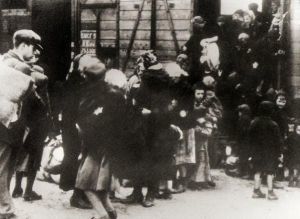

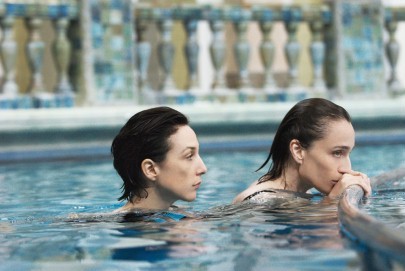
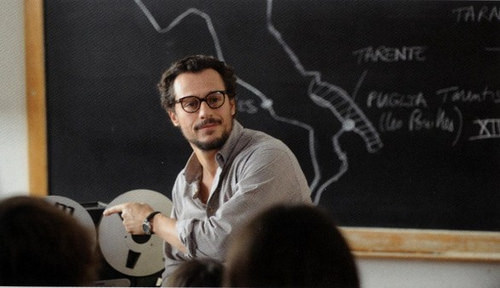
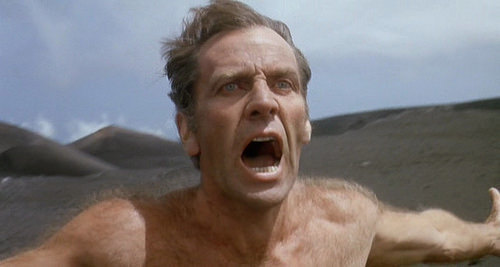


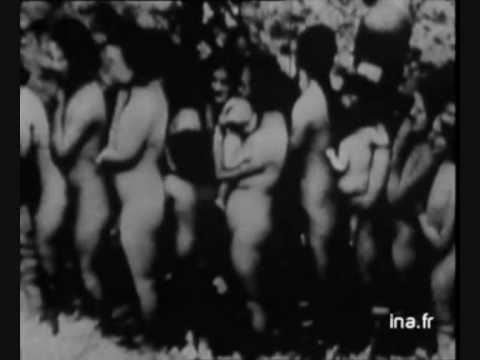

“Yo decidí vivir y mi castigo es la vida.”Esta triste amargura marca la narración entera, la constatación de una derrota: todos pierden, absolutamente todos, vencedores y vencidos. Un relato que no necesita ser verosímil para impactarnos con toda su verdad, del que emana belleza describiendo la terrible fealdad que anida en el ser humano, capaz de todo cuando en él se introduce el miedo y la desesperanza. No nos hacen falta monstruos a los que acusar, lo monstruoso está en cada uno de nosotros.
I wanted to compose a real metaphor for the destruction brought by genocide. The reader understands the background – which may be the Nazi genocide – but at the same time I never write the words. I wanted to work with the intelligence and sensibility of the reader.He certainly achieves this in a quite magnificent novel, one that hasn't had the subsequent critical attention it deserves.
"God? Well, in that case, if He exists, if He really exists, let Him hide his face. Let Him put His two hands on His head, and let Him bow down. It may be, as Peiper used to teach us, that many men were unworthy of Him, but now I know that He, too, is unworthy of most of us, and that if the creature is capable of producing horror, it's solely because his Creator has slipped him the recipe for it."-- Really the things that Brodeck went through one after the other made my heart hurt a lot.
"I thought about what those men had just done. I had known them all for years. They weren't monsters; they were peasants, craftsmen, farmworkers, foresters, minor government officials; in short, men like you and me."
